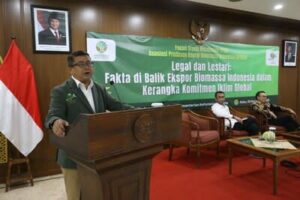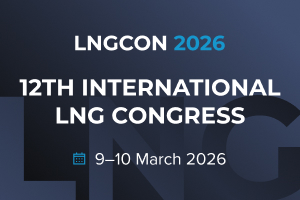Gorontalo emerges as Indonesia’s biomass hub amid deforestation debate

The growth has drawn attention amid public debate over deforestation in Gorontalo.
Industry and government officials say expansion is taking place within legally managed industrial forest plantations rather than through clearing of natural forest.
“The biomass sector operates under the SVLK timber legality and sustainability verification system,” said Dikki Akhmar, Secretary-General of the Indonesian Biomass Energy Producers Association (APREBI).
“Producers work within licensed industrial forest areas and are subject to independent audits.”
National data show Indonesia produced 333,971 cubic metres of wood pellets in 2024, up from 103,356 m³ in 2020.
The industry now includes 35 licensed plants with a combined annual capacity of more than 3 million m³.
Erwan Sudaryanto, Director of Forest Product Processing and Marketing at the Ministry of Forestry, said the SVLK system provides a legal framework ensuring all forest products are sourced and traded sustainably.
Rising demand from export markets including Japan, South Korea and the European Union is boosting interest in certified Indonesian biomass.
Analysts say Gorontalo’s example highlights how forest-based industries can combine renewable-energy development with regulated land management.
While “deforestation in Gorontalo” remains a topic of public concern, officials argue the region’s activities reflect managed forestry investment under established governance, rather than uncontrolled forest loss.


















